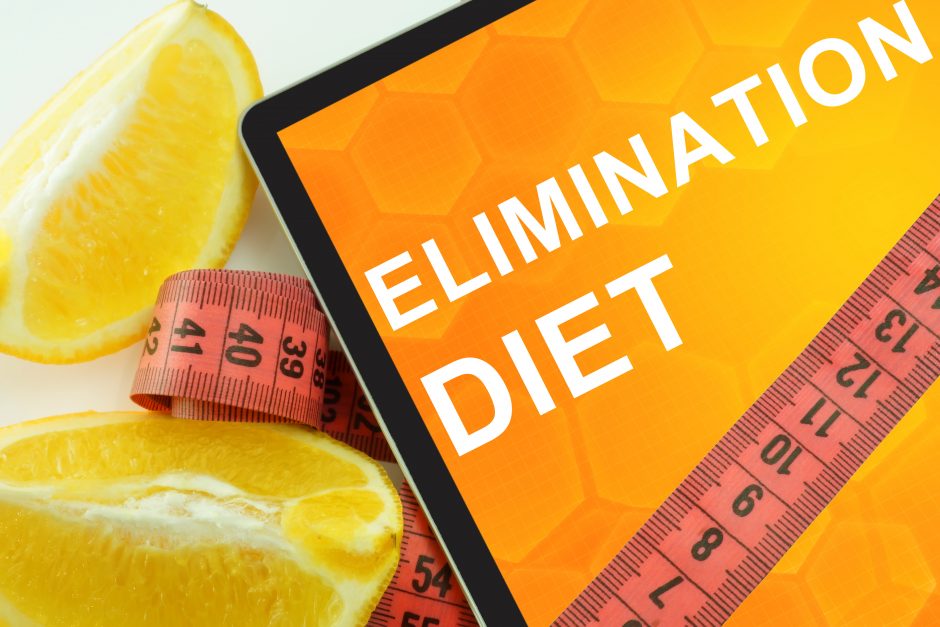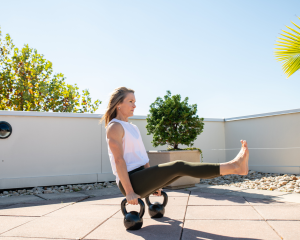Do any of these sound like you?
-
You get tired after meals or are fatigued in general
-
There are signs of inflammation going on in the body which can show up as aches and pains, arthritis, or chronic headaches
-
You have food sensitivities and intolerances, whether they are known or unknown
-
You have nutrient deficiencies or other signs of malabsorption of nutrients
-
You have skin issues like eczema, psoriasis, acne
-
You have an autoimmune disease or chronic condition like diabetes, arthritis, etc.
Yes, while we are all used to hearing about the regular belly complaints like bloating, constipation, and diarrhea, these are a few other indications that your gut needs some TLC.
If you can relate to any of those, it’s time to start taking daily action to nourish your gut and also take away the things that got you to this point in the first place. You can take baby steps, like any real lifestyle change that sticks.
The makeup of your microbiome can trace all the way back to birth, your genetics, exposure to toxins, and diet and lifestyle. One huge culprit in today’s world, and I’m sure many of you can relate, is stress. This causes dysbiosis and inflammation for a number of reasons.

If you like any typical Alexandrian you are in a state of stress a lot (good or bad), your digestion is going to shut down naturally as a protective mechanism. Blood flow goes to the muscles, brain, and heart rather than digestive system to be most efficient. This leads to food not being broken down, feeding the bad bacteria, and allowing large food particles to pass into the bloodstream where they are recognized as toxins. This causes an immune response and inflammation. An example: sitting at your desk watching the news or eating while in front of the TV. Creating stress while you’re eating can interfere with proper gut functions (and therefore brain function, immune function, and digestive function).
Think of your gut as a daily responsibility. You’re either doing things that support it or that hinder it. It’s like your internal garden, and you have to tend to it.
-
Make sure you have enough stomach acid before eating. Bitters and apple cider vinegar (unpasteurized like Braggs) are natural ways to help your stomach get primed for digestion. This means you’ll break down the food.
-
Probiotic foods – feed the good guys with things like sauerkraut, kimchi, fermented vegetables, kefir, pickles,
-
Eat the good fats – I’m not just talking about olive oil and avocados. Go for the nutrient dense, saturated fats that repair the gut and feed the brain like coconut oil, ghee, and grass-fed butter. Add it to your veggies, smoothies, and even your coffee or matcha latte daily.
-
Drink bone broth – real, nutrient dense broth made from free-range chicken or grass-fed bones have gut healing properties you can’t find anywhere else. Additionally, sipping on a cup a day will help your hair, skin, and nails (another direct effect of the gut-skin connection).
-
Get rid of the foods that contribute to inflammation and dysbiosis. This includes sugar, refined grains and excess carbohydrates, conventional dairy, GMO corn and soy, and industrial seed oils like canola and vegetables.
-
Follow a gut healing protocol. In my practice, this might look like an elimination diet, GAPS or SCD, low FODMAP, or simply adding in certain foods to get your body back into balance.

If you missed part one of this series, read it here.



